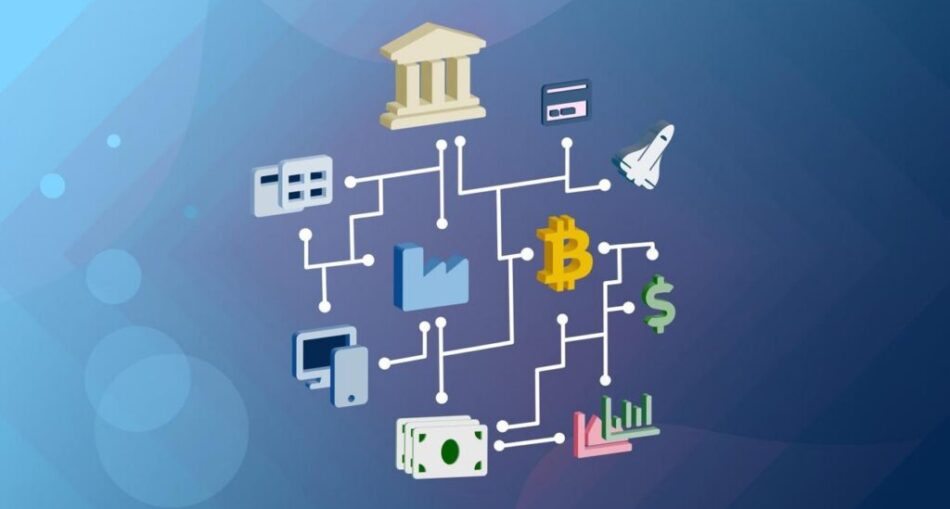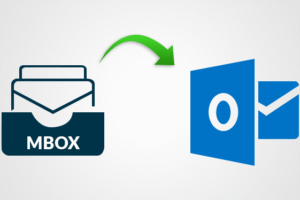In the last few years, the digital finance ecosystem has grown from a niche corner of the internet into a massive, global movement. What began as an experiment in peer-to-peer value transfer with Bitcoin has now evolved into a multi-trillion dollar industry encompassing smart contracts, decentralized finance (DeFi), non-fungible tokens (NFTs), and tokenized real-world assets.
Crypto wallets are no longer just about sending and receiving tokens. They have become the primary interface through which users access a new world of decentralized apps, investment opportunities, and financial tools. With concerns over privacy, user autonomy, and security taking center stage, choosing the best decentralized crypto wallet is now more critical than ever. A wallet is no longer a passive tool. It’s a personal bank, an investment portfolio, and a secure digital identity rolled into one.
The Shift From Centralized to Decentralized Finance
For decades, the global financial system has been dominated by centralized institutions: banks, governments, and regulatory bodies. These organizations manage everything from savings accounts to mortgages and international transfers. While they provide structure and trust for many users, they also come with limitations—slow transaction times, high fees, potential censorship, and limited access for millions of unbanked individuals.
Security in the Spotlight
With great power comes great responsibility. Self-custody is a defining feature of decentralized wallets, but it also means users must be vigilant about private key management and wallet security. Over the past few years, we’ve seen millions lost to phishing scams, compromised wallets, and poorly secured platforms.
To combat these risks, modern wallets are incorporating multiple layers of security—biometric authentication, multi-signature protection, hardware wallet integrations, and even AI-based fraud detection. Some wallets also use social recovery features, where trusted contacts can help restore access to a lost wallet without relying on a central authority.
Wallets as Digital Investment Hubs
As more users treat digital assets as a serious investment class, wallets are evolving into full-featured financial dashboards. Beyond holding cryptocurrencies, many wallets now offer built-in access to staking, liquidity pools, governance tokens, and NFT collections. This makes wallets central to personal finance in the digital age.
Staking, for instance, allows users to earn passive income by participating in network validation processes, while liquidity pools reward users for providing funds to decentralized exchanges. Wallets that support these features enable users to optimize their assets without needing to navigate multiple platforms.
Cross-Chain Compatibility: The Future is Multi-Chain
Gone are the days when users interacted with only one blockchain. Today’s crypto landscape is multi-chain, with assets and applications spread across Ethereum, Binance Smart Chain, Solana, Avalanche, Polygon, and others. Each chain has its unique features, user base, and dApp ecosystem.
This presents a challenge for wallets: how to offer seamless interaction across chains without requiring the user to switch interfaces or constantly bridge assets. Forward-looking wallets are tackling this by integrating cross-chain bridges, Layer-2 support, and automatic gas fee optimization.
The Rise of Mobile and Web-Based Wallets
Accessibility is key to mass adoption. While hardware wallets remain the gold standard for long-term storage, mobile and browser-based wallets are quickly becoming the go-to for daily transactions and DeFi interaction.
Modern mobile wallets offer push notifications, portfolio tracking, QR scanning, and even dApp browsers. Some are going further by integrating fiat onramps, allowing users to purchase crypto directly with a credit card or bank account, making the onboarding process far less intimidating for newcomers.
Web-based wallets, when combined with proper encryption and session controls, offer quick access without compromising too much on security. With more people accessing crypto tools on the go, wallets that offer both robust features and mobility will lead the pack.
Education: The Missing Piece
For many, crypto is still a confusing space filled with jargon and technical barriers. Wallet providers that invest in user education are doing more than just building trust—they’re enabling a smarter, more informed user base.
From in-app tutorials and glossaries to interactive walkthroughs and demo wallets, education should be a built-in feature. As new users enter the space, guided onboarding will be crucial in preventing mistakes and building long-term engagement.
Financial literacy is no longer just about credit scores and savings plans. It now includes understanding how to safeguard private keys, interact with smart contracts, and evaluate decentralized protocols.
Regulation, Compliance, and the Path Ahead
As governments and financial regulators catch up to blockchain innovation, wallet providers are finding themselves at the center of important debates. While decentralization implies freedom from centralized control, many jurisdictions are exploring compliance standards related to anti-money laundering (AML) and know-your-customer (KYC) protocols.
This presents a nuanced challenge. Striking a balance between compliance and privacy is complex, especially when catering to a global user base. One emerging solution is selective disclosure — using zero-knowledge proofs and other cryptographic tools to verify identity without exposing sensitive information.
As this regulatory landscape evolves, wallets that offer modular compliance — allowing users to opt-in to verification when required, without compromising their decentralized core — will be better positioned to thrive.
Closing Thoughts
The future of finance is decentralized, and the crypto wallet is at the center of that transformation. As users demand more security, more control, and more flexibility, wallets must evolve from simple storage tools into intelligent platforms that empower people to truly own their digital financial lives.
Whether you’re managing NFTs, staking tokens, or interacting with dApps across multiple chains, your wallet will be your key to the next generation of financial tools and services. As the technology matures, and as the user experience continues to improve, we can expect wallets to become as common and essential as online banking apps are today.





